In the Graph OS, all of your things are within your system as nodes, or items, within your graph. Emails, calendar events, articles, web pages, podcast episodes, to do lists as well as the to dos inside them; everything. And each thing may have references to, or be referenced by, any other thing. What is the net effect of this arrangement?
OS Infinity
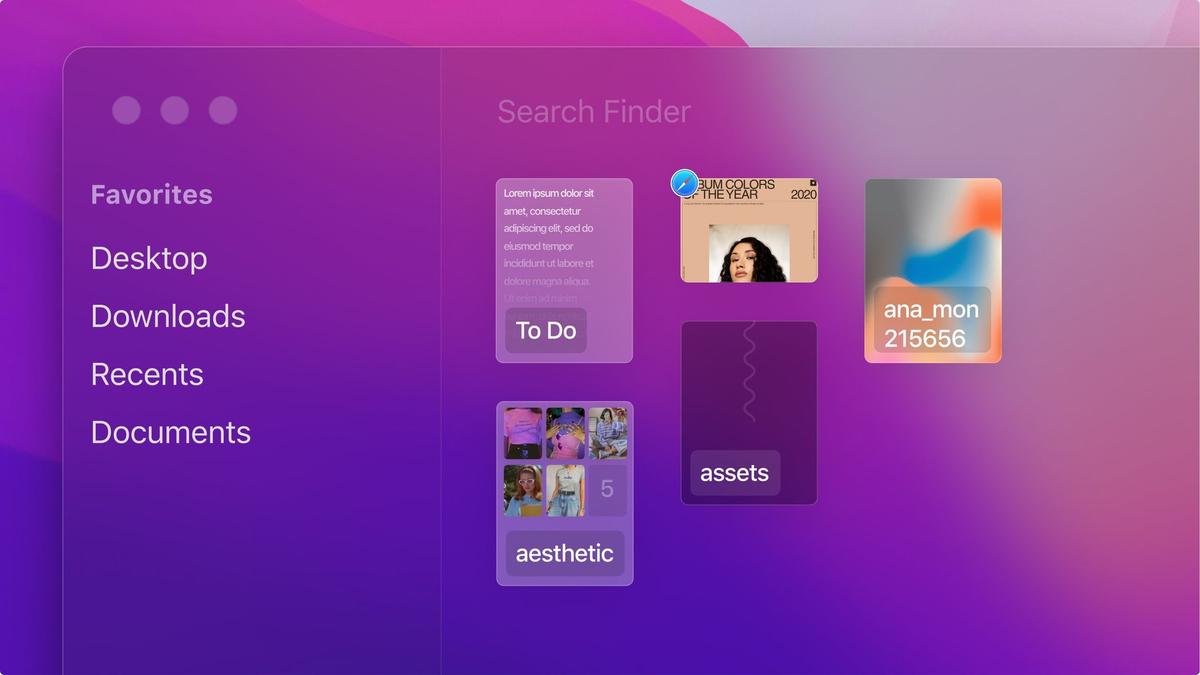
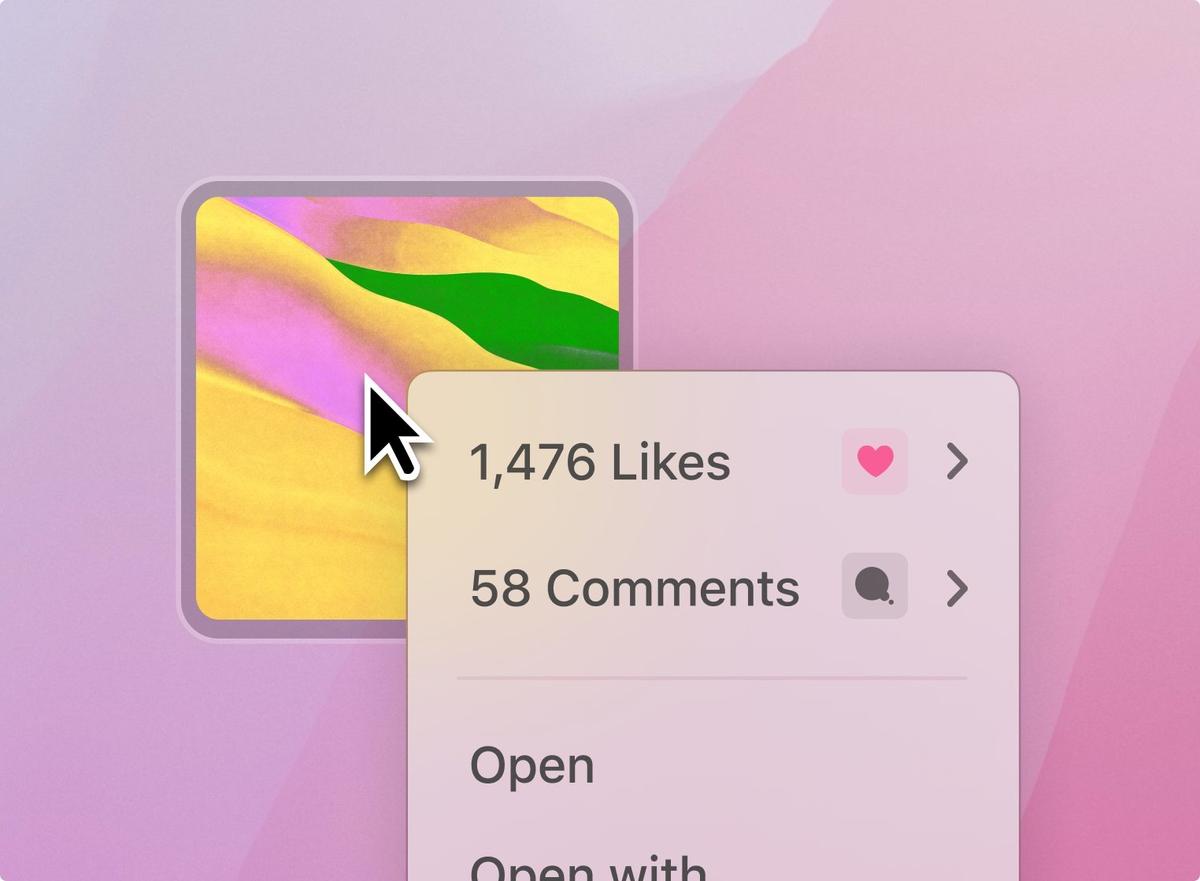
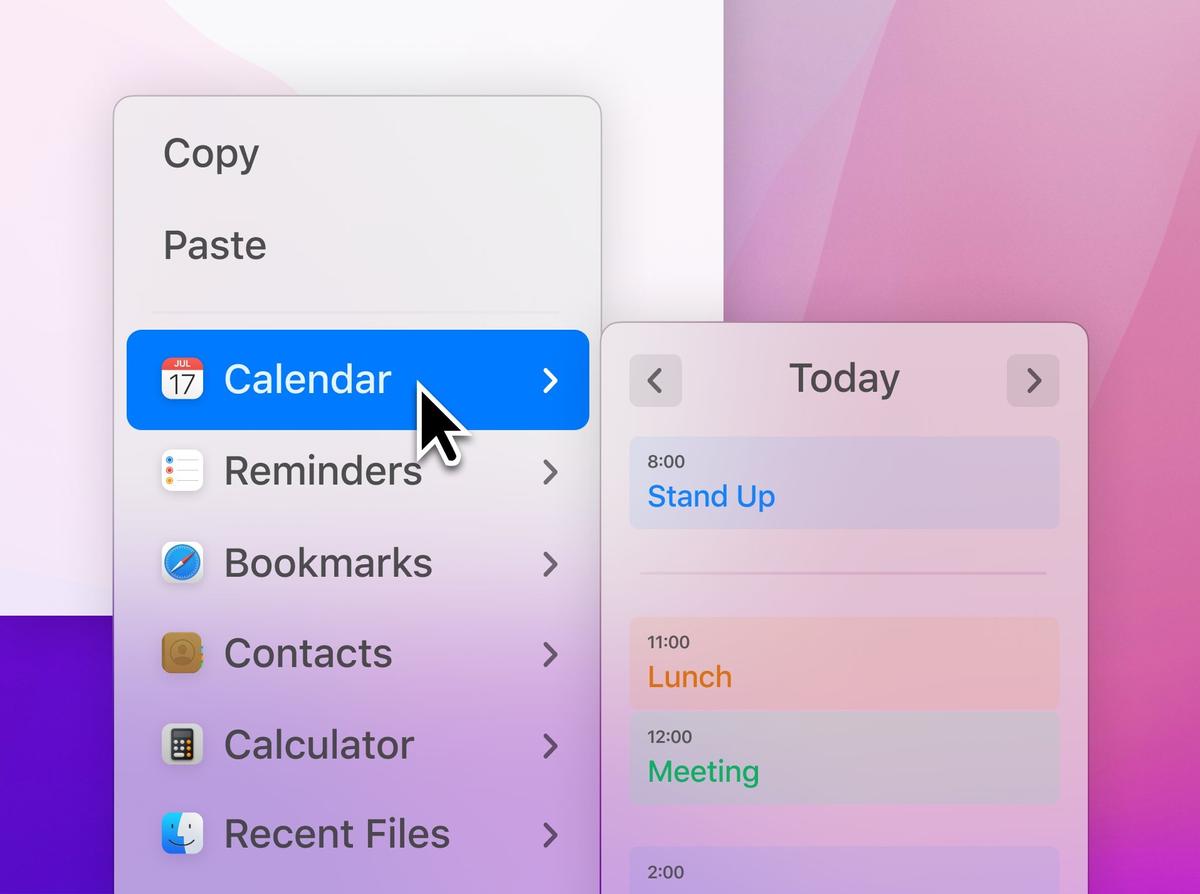
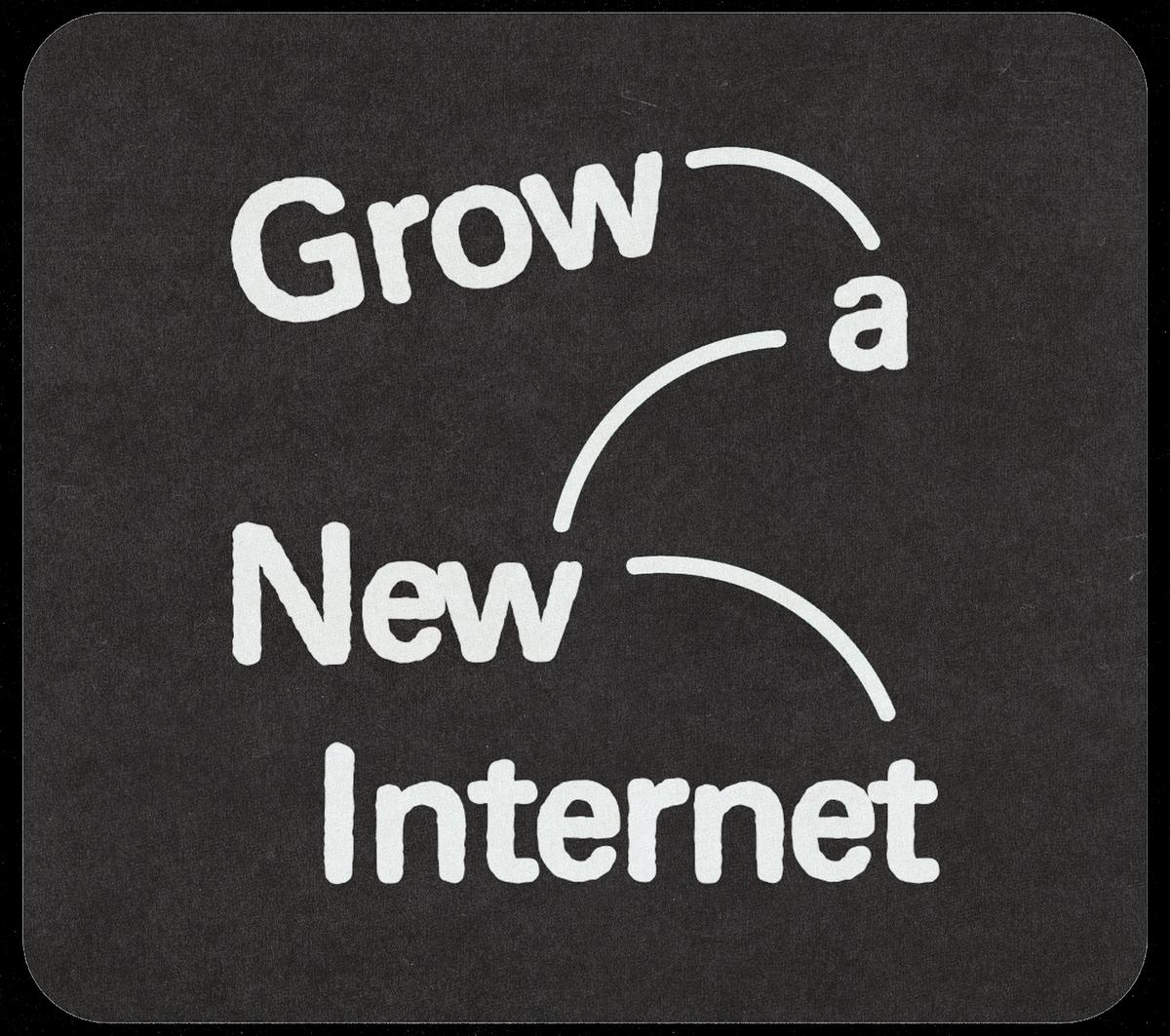
new operating system
86 blocks
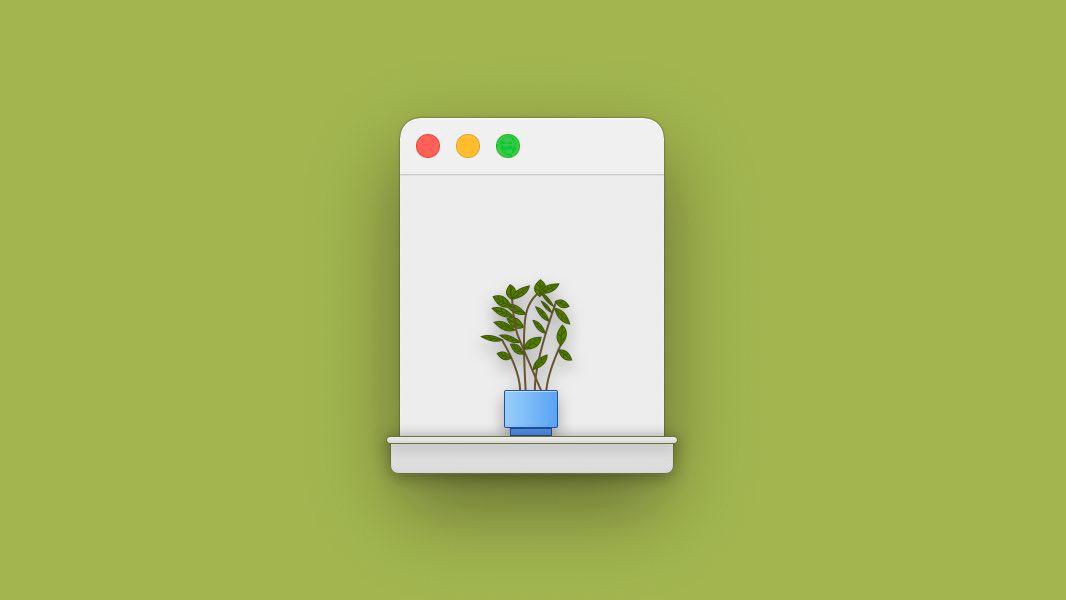
An ideal New Computer will be representative and one with its human user, an extension of one’s will, mind, body, spirit.
A New Computer should be brandless, nameless, formless.
https://twitter.com/jordanmoore/status/1290755679611953152
Critique on Mercury OS https://www.designernews.co/stories/102686-mercury-os-concept
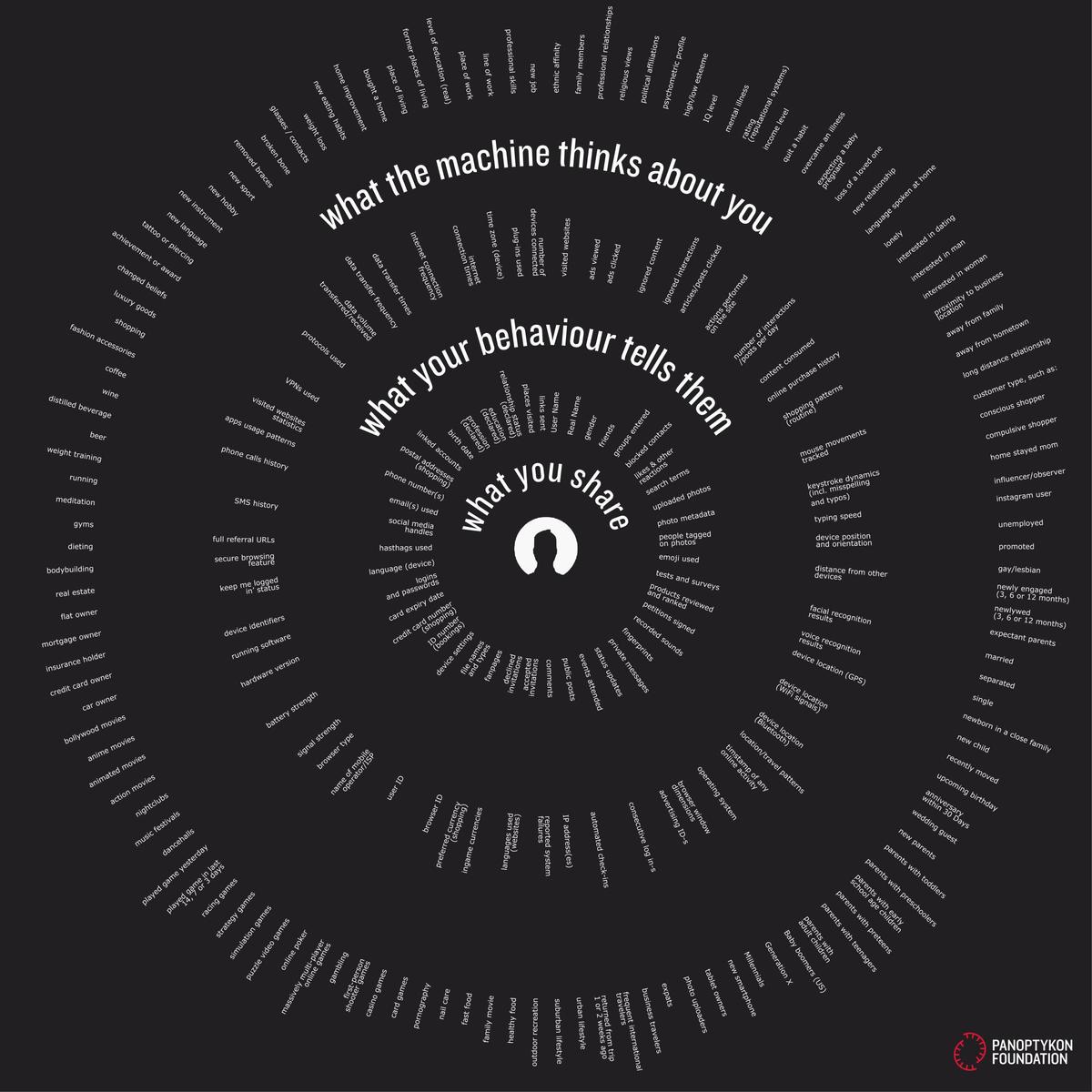
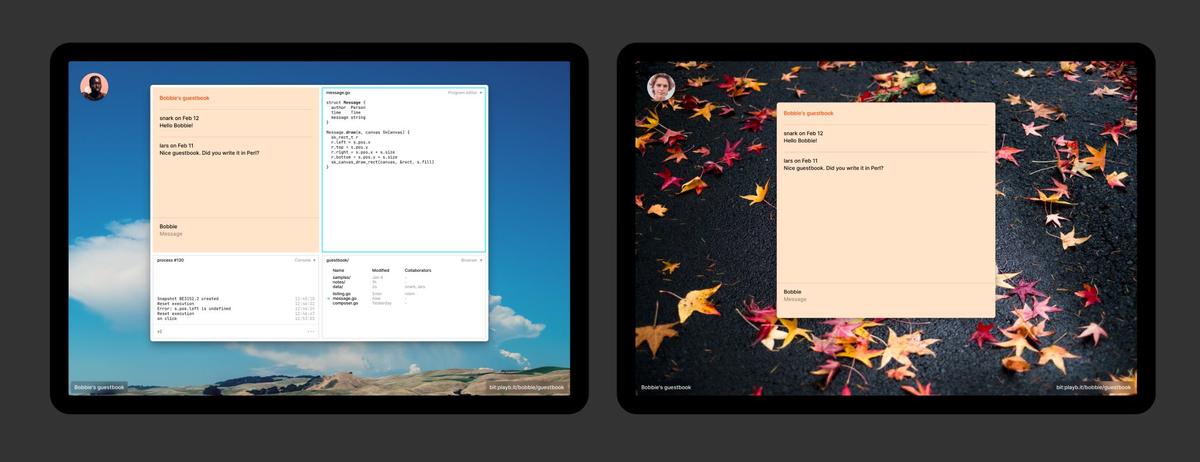
Meta OS = OS on top of all the existing platforms
A blank screen prompts to write A canvas and pencil prompt to draw A calendar prompts to think in time and order If we rethink our interface does this change our behavior and outcome?
The current desktop concept of fragmented applications in a unified OS is kind of broken. Functions should be more fluid.
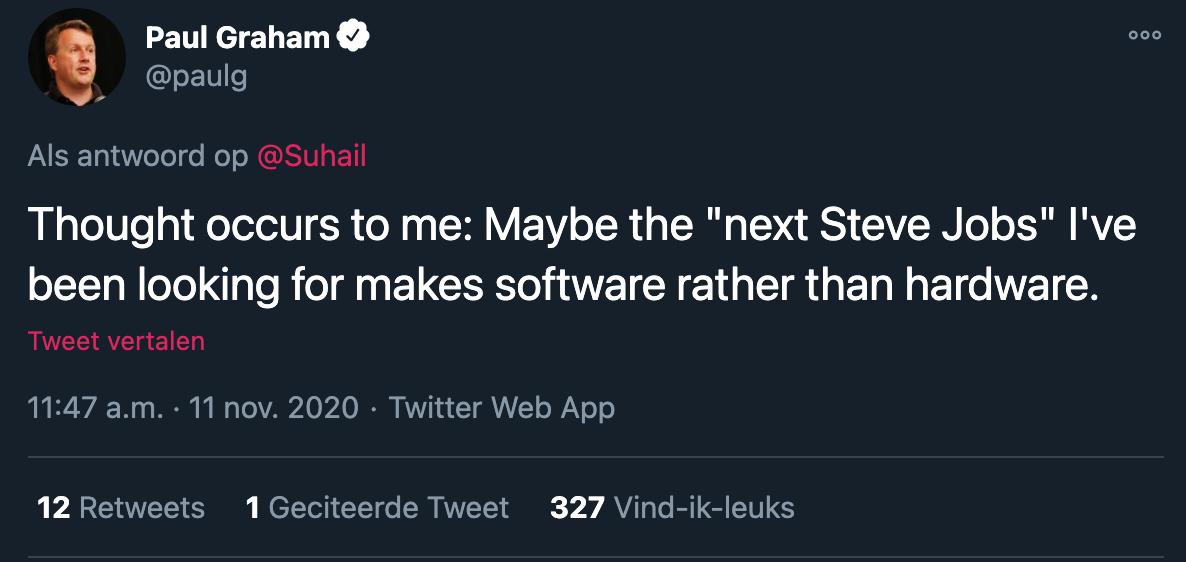
to extract the full power of the knowledge graph - for text, images, video, PDFs, calendars, & much more - you have to think in terms of an OS or a platform. Single-purpose apps are too siloed. The graph wants to break free.
Search anything from anytime, anywhere on your computer
Future OS
14 blocks
Building workplace apps is staggeringly difficult compared to 25 years ago with Win95. The "desktop" is now just a small piece. Basic primitives like identity and user groups are fragmented in IT systems. It's a mess
What is the OS? OS is the foundation software layer - Simplistically; Shared Resource Scheduler, Some kind of Software Execution Environment. File System, Network Stack, Hardware Abstraction Layer (inc Drivers), Some Kind Human Interface.
Why can’t you easily search all of the text you read on any screen (desktop + mobile) over the past day? It’s strange how much obvious, low-hanging fruit of this form still exists.
Looks like we're going away from traditional OS to just making the browser the OS. First we're just making everything possible in the broeser, so @replit + @figma type stuff. Then these folks will stop liking chrome and put together a collective to build a new browser. Hopefully!
The desire for cross platform limits what OSes can expect apps to do, and that probably discourages ambitious OS work :-(
While mobile gets all the attention, we still spend a lot of time in front of our computers, and it feels like the host environment could be doing a lot more heavy lifting (particularly as a meta tool for thought) than it is. - Patrick Collison
◎ Novel Interfaces
4 blocks
"If you want to invent new ways of thinking, I think the first step is you have to say to yourself, 'I don't know what I'm doing. We as a field don't know what we're doing.' I think you have to say, 'We don't know what programming is. We don't know what computing is. We don't even know what a computer is.' And once you truly understand that and once you truly believe that, then you're free. And you can think anything." https://www.youtube.com/watch?v=8pTEmbeENF4
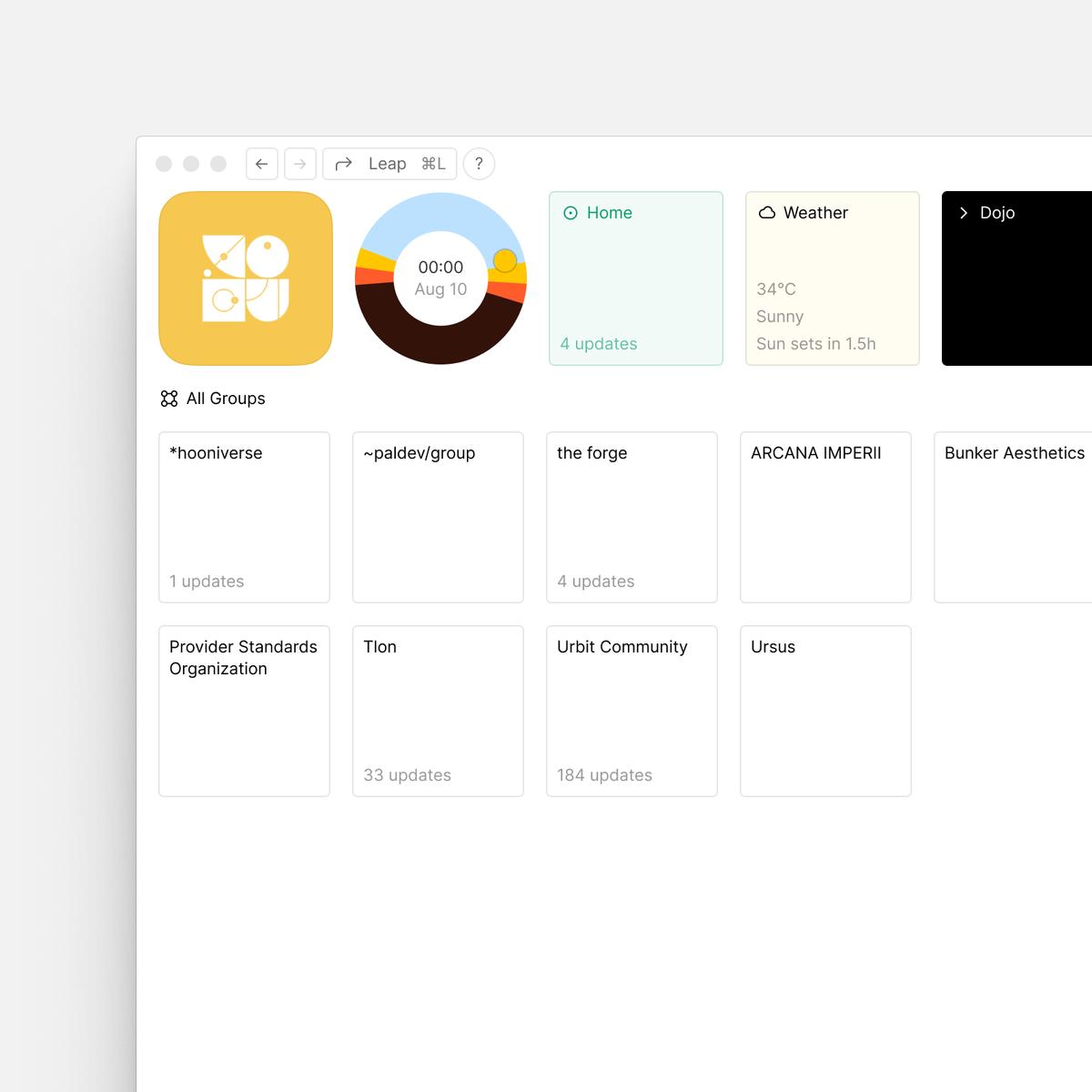
When we look forward to what we can do with Landscape in the future, it’s hard to see ourselves going back to the tools we use today. The centralized services we have now are like broadcast media: they’re for distributing content from a producer to a bunch of followers.